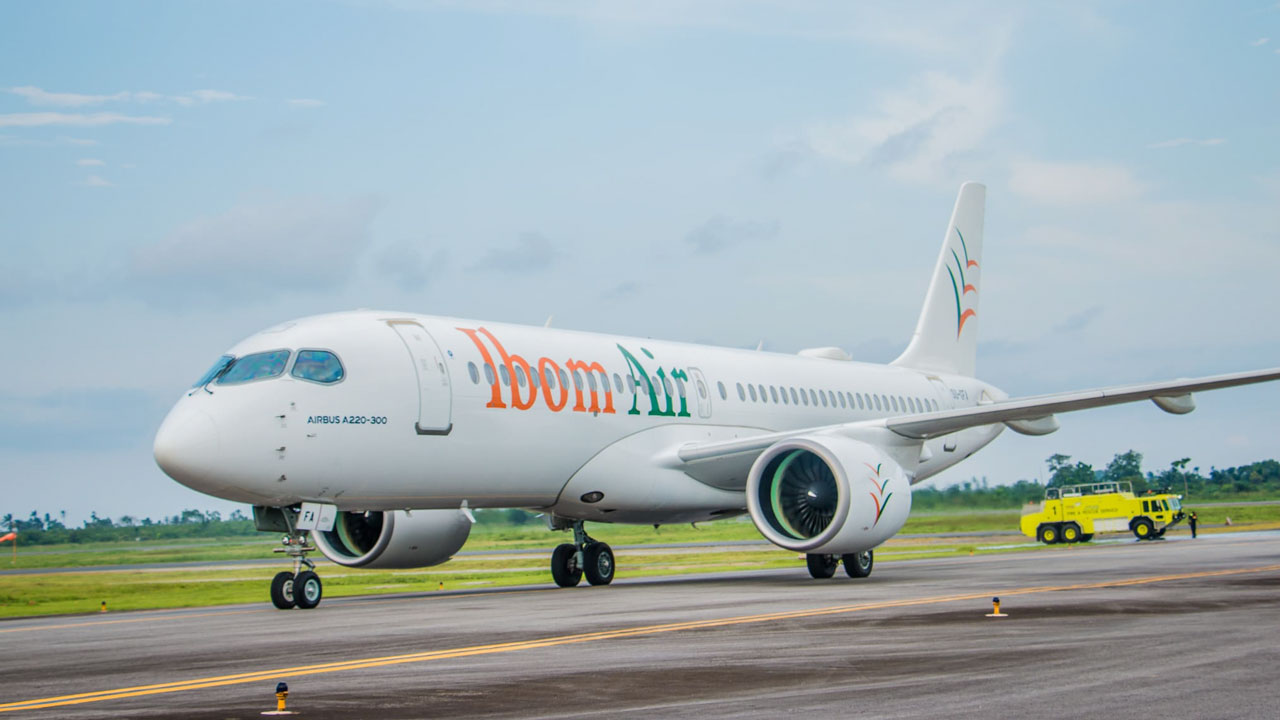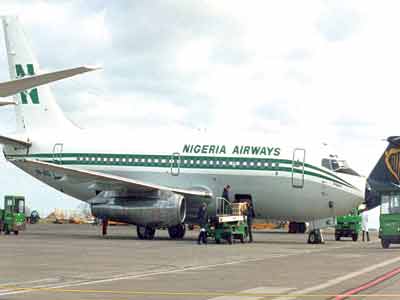
The agenda, which includes establishing maintenance, repair, and overhaul (MRO) facilities, optimising income generation, supporting local operators, improving infrastructure and ensuring safety. The experts offered strategic solutions to challenges facing aviation at the recently concluded 28th Annual Conference of the League of Airport and Aviation Correspondents (LAAC).
Stakeholders across the travel industry underscored the critical need for concerted efforts and strategic collaboration to navigate the challenging macroeconomic environment facing Nigeria’s aviation industry.
The resolutions and strategies outlined in this communiqué aim to enhance operational efficiency, optimise resources, and ensure the industry’s long-term sustainability and growth.
The Minister of Aviation and Aerospace Development, Festus Keyamo, highlighted the importance of stakeholder collaboration in taking the aviation industry to greater heights.
According to Keyamo, “Stakeholders remain a key component of my desire to reposition the aviation sector onto its enviable path where the industry can stand shoulder-high with others on the global stage. I am aware that past recommendations from the LAAC Annual Conference have helped shape the course of the development of the sector positively.
“I have no doubt the deliberations and solutions proffer at the 2024 edition by the array of seasoned experts and stakeholders at this year’s edition will make my job as the Honourable Minister of Aviation and Aerospace Development a simple task”
On the need for data and accurate information for the industry, Group Managing Director of Finchglow Holdings, Bankole Bernard underscored the need for a central data system to provide accurate and harmonised data for the aviation industry.
“Day-in-day-out, we hear that five per cent of the population are air travellers. Meanwhile, who is verifying these figures? For the industry to move forward, we need to leverage honest and accurate data.”
While former rector of Nigerian College of Aviation Technology, Zaria, Samuel Caulcrick, spoke on the survival of the aviation industry in Nigeria’s current climate, Chief Executive Officer/Founder of CITA Aviation Fuelling Company Limited, Thomas Ogungbangbe, called for a balance between investing in new airports and improving road networks to support overall transportation infrastructure.
Aviation industry participants also urged the federal government to discontinue the policy requiring 50 per cent of internally generated revenue from aviation agencies to be remitted to the federation account. This would allow agencies like FAAN, NAMA, and NCAA to reinvest in infrastructure and developmental projects.
At the event, critical resolutions were made such as prioritising streamlining processes, optimising resource allocation, and embracing technology to enhance operational efficiency and manage costs effectively.
Illuminating the importance of investing in modern and robust airport infrastructure as a crucial tool for industry survival and growth, the conference aimed to implement efficient pricing of products and services to enhance affordability, drive competition, and support infrastructure development.






